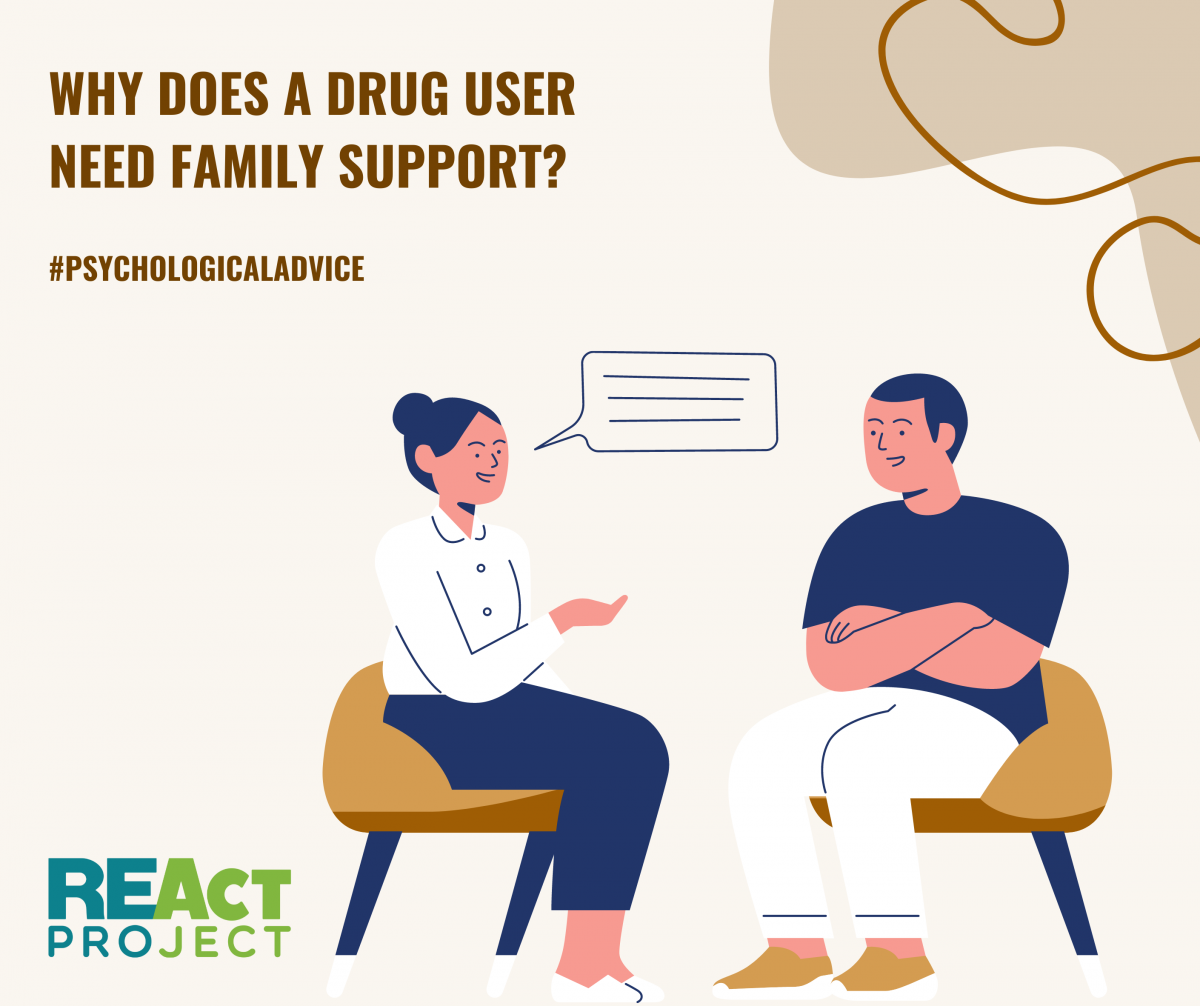Drug addiction is considered to be the most serious problem of our age. It is young people who are more likely to fall prey and victim to the trap of drugs. Drug addiction turns into a tragedy for the person affected and their family. But for all its seriousness, this issue is very delicate, and it requires a balanced and accurate approach.
Today we will explain why support from the family is crucial in overcoming drug addiction and how to choose the right words to not harm but to help.
What to focus your attention on
Dependence is formed over a long period. During this time frame, changes in behavior and personality become noticeable. These external manifestations can serve as red flags and warning bells for friends and relatives indicating that the person involved needs help and attention.
What behaviors are the symptoms of drug dependence?
- Drug-dependent people often show emotional instability;
- The mood quickly swings from unrestrained hilarity to the depths of apathy and despair;
- Frequent outbreaks of unreasonable aggression;
- Increased irritability;
- Other possible symptoms include motor retardation, indifference to everything that happens around, and periodic bouts of speech incoherence.
How to help
The first and foremost thing friends and relatives can do is talk. The purpose of this conversation is plain and simple: to find out tactfully in a no-pressure environment what really pushed the person into doing drugs. The answer to this question will help doctors identify the most effective case-specific treatment.
How to correctly start a conversation
• Say that you are aware of the problem, and will be there and ready to help. The conversation should be completely free of judgment or pressure. Your goal is to ensure that the decision regarding help is made by the person themselves.
• Sincerity and openness on your part are a crucial factor during this conversation: but there is no place for judgment or criticism. You should approach this conversation as if talking with a small child when they are sick, and you do want to help them get well. Do you judge a child if they are running a high temperature, or try to bring the fever down as soon as possible? Your desire to help must be just as sincere.
• Build trust and support – a drug-dependent person needs acceptance and a healthy family environment.
What role does the family play in the treatment of addicts?
Most commonly, the family plays a significant role in the addiction story, and it is best when those closest to the person concerned also visit a therapist and group sessions for codependent people. This helps clarify their role in their loved one’s dependent behavior and identify possible strategies for optimal behavior and care with the help of a therapist and groups.
But unfortunately, family members often refuse to provide such help. We will try to explain why an addicted person just needs your support:
- A person addicted to psychoactive substances counts on your help and support;
- A kind word from a caring person and support for positive change are the best medicines;
- You are a trusted and valued one;
- Getting rid of an addiction leaves a void behind, which must be filled with positive sober emotions, good deeds, and a new mood;
- Help your loved or close one regain lost friends, pencil in and plan some time for psychological support groups, as well as time for family, work, friends, favorite hobbies, sports, and art.
Families that heed this recommendation will be more helpful to their near and dear ones with addiction issues. You will be able to better understand how to help and build healthy boundaries in providing assistance so as to not demotivate the struggling person in need or stimulate disruptions.
How to convince a drug user to seek treatment
Start an unobtrusive conversation and discretely introduce information about treatment options. The important condition is that the person affected becomes personally involved and interested in the arrangements. If the person is unwilling to listen to you, switch to another topic. In this case, you have to wait, and it’s the hardest part.
What to do if the person refuses treatment
Family members or close ones who live with an addict should consult a therapist and codependency groups.
As often as not, everyone around thinks that it is necessary to influence / pressurize the “sick” person and “cure” them, but very often the family itself, without realizing it, supports this dependence. Therefore, psychotherapy and codependency groups help build a healthier relationship with the addicted person, which indirectly keeps up the motivation for treatment. It is almost impossible to achieve the desired outcome here without expert help and support.
It is important to remember this!
Treating drug addiction in a home setting will do nothing but harm. This way you will lose time. There will be unsuccessful attempts that will shore up the patient’s doubts about treatment options. Relatives will get disappointed because it doesn’t work. Home treatment, self-medication, or still less folk remedies will not help here. Helping a drug user is difficult but not impossible. You need to work with specialists – and then a positive outcome is bound to emerge.
If you have any questions about this topic, please write to us and our psychologist will get back with the answers and recommendations.
Also, if you have a topic or concern that requires psychological intervention, write to us in private messages on our Facebook page and we will definitely help you with that!


